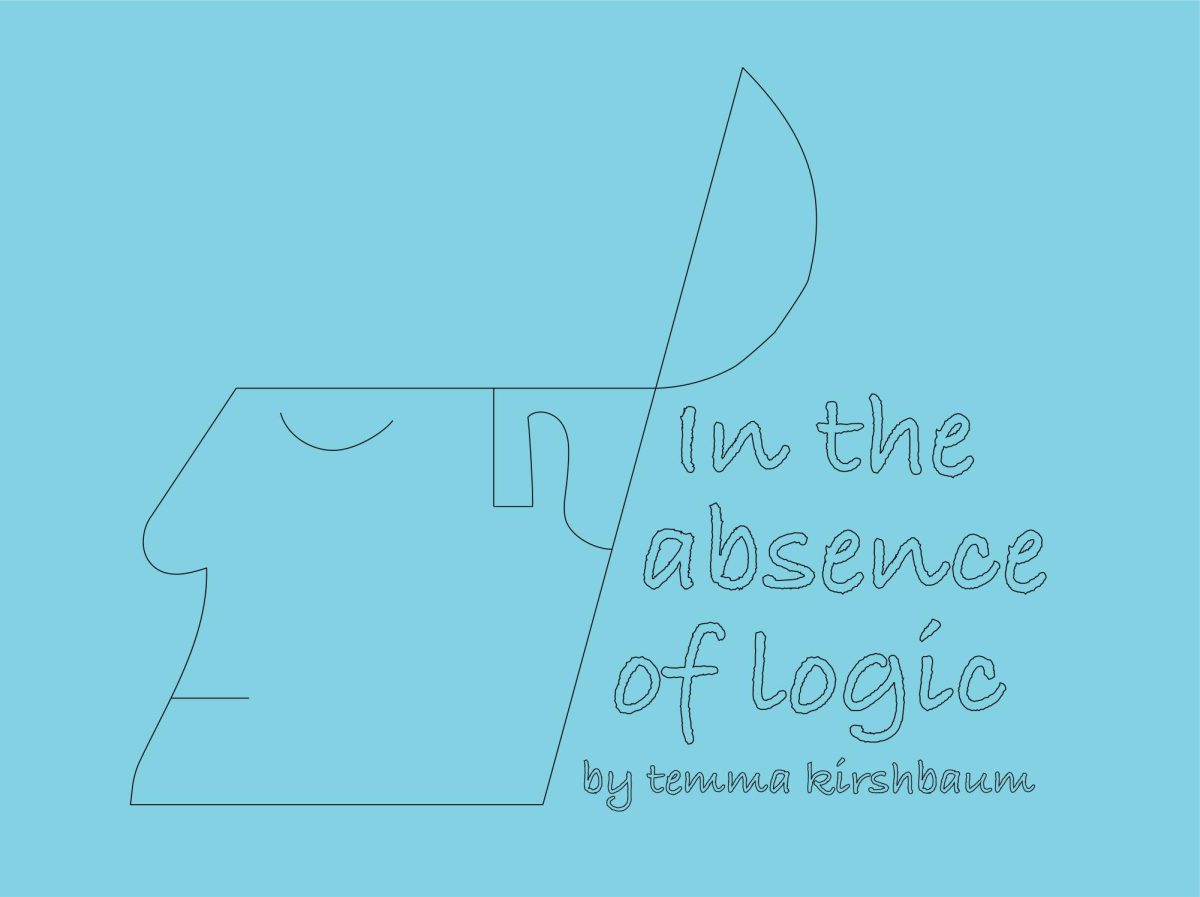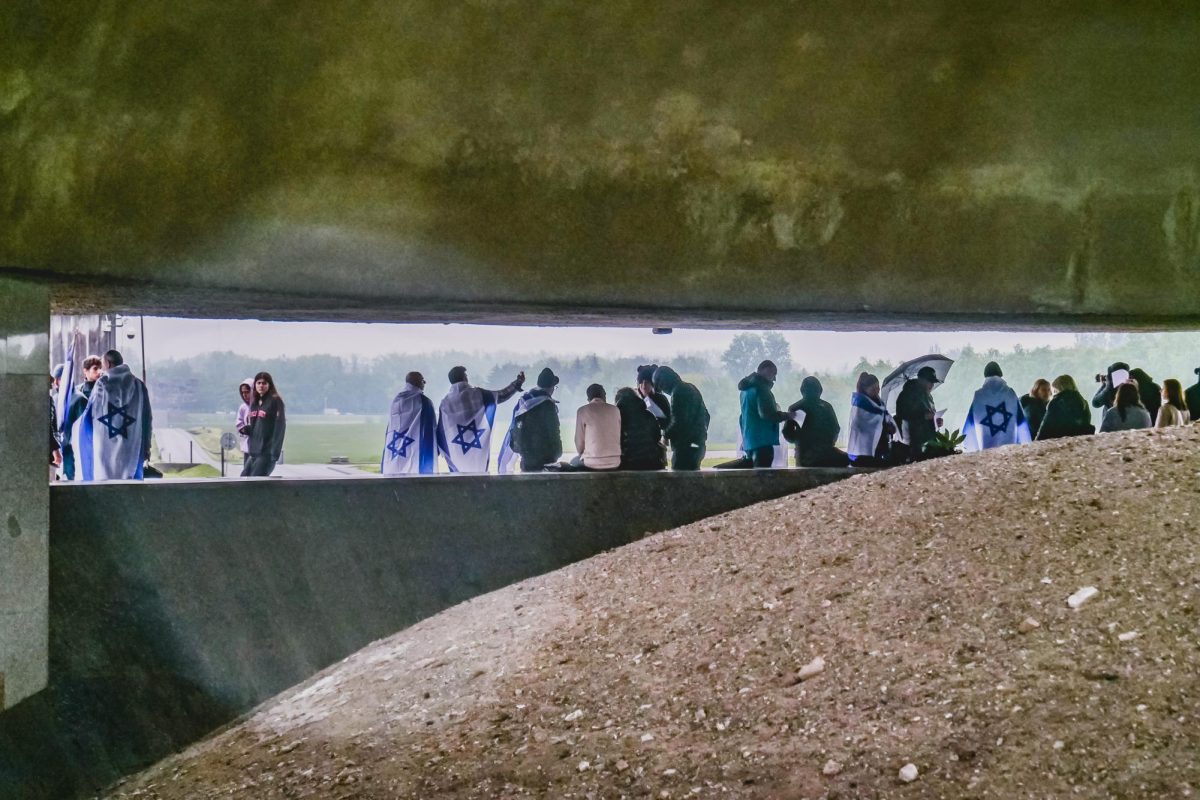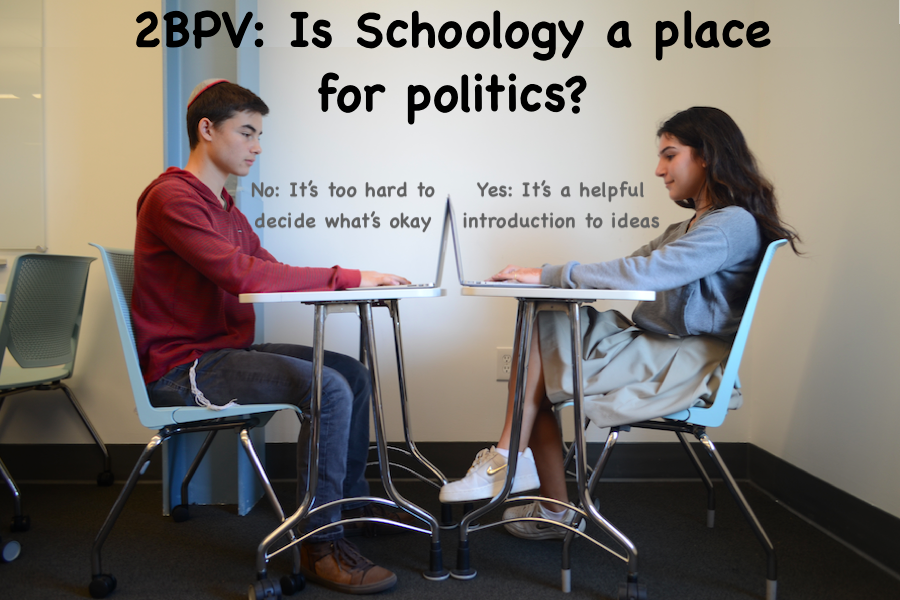
Right off the bat I was vehemently opposed to a gap year.
Part of it was the little rebel inside of me pressing against my parents’ desires for me to take a year off and go to Israel, but part of it was also a genuine yearning to get outside of the sometimes suffocating Jewish bubble in Los Angeles. My argument was that I was too eager to take a year off — too anxious to be a part of the college dream that nearly every high school teenager fantasizes about.
My gradual shift towards a gap year in Israel was due to numerous variables. For one, my parents may have bribed me (let’s not talk about that). However, Judaism also inspired me in the past year in a way that I had not expected.
For those of you who do not want to take a gap year, here is my argument.
My first reason, and perhaps my most important argument, is that the State of Israel is the greatest thing to happen to the Jewish people in — forever.
Israel has created a safe-haven for Jewish people, the likes of which have never been seen before. And at the same time, it has staked its claim as being among the top nations in the world in such areas as the arts, technology and the sciences and of course military might.
It is a miracle beyond miracles that Israel is alive and thriving, and the ubiquitous presence of Jewish teenagers taking their first or second year or however long gap between high school and college is a great help to preserving the Jewish state.
This is because Jewish teenagers who visit Israel for a year become more profoundly connected to the Jewish state, thus planting a seed of charitable thinking or even the possibility of Aliyah in these teenagers for the future.
Now what if you, a teenager, could help preserve the Jewish state by having a year filled with incredible amounts of freedom and independence and barely any responsibility? Or on the flipside, if you prefer, having freedom and independence and an incredible amount of responsibility?
With the variety of programs presented to the high school graduate there is bound to be a program that fits each and every individual. You want to live like a king and have your laundry done for you in a resort style setting? Talk to Emma Lipner ‘10, my sister, who spent a year based in Jerusalem and travelled the globe. You want to live in a dump with four people to a room in the heart of hectic Jerusalem? Let’s talk, I’m about to do just that.
And if you want to perform manual labor on a kibbutz in the North or the South or anywhere, while also learning Torah or not studying the Torah, there are many programs like that. Or you may study art intensively, or science. Or only Gemara if that is your heart’s desire. The point is that the year in Israel is not a one-size-fits-all experience.
Now I know you are thinking that this is just an emotional opinion on the matter, but the fact is that my positive arguments for a gap year are backed up by empirical data. Many esteemed universities have experimented with the effects of taking a gap year and the results speak for themselves.
Robert Clagett is an Admissions Dean at Middlebury College and has worked at other school such as Harvard. According to an ABC news article, he conducted an experiment that, while controlling for variables like a higher GPA in high school, compared the success of students who entered college with and without a gap year.
The gap year students were more successful on a short- and long-term basis throughout college.
Julia Rogers, director of EnRoute gap-year consulting, believes that this is because a gap year “increases independence and self-reliance.”
To bring it all back together, when it comes down to it, the gap year is beneficial in so many ways. The importance of the existence of the Jewish state cannot be overstated, and Jewish teenagers contribute to its survival. Students can either broaden their horizons by doing something totally foreign to them or develop a specialty or hobby they already have.
There are so many programs that even the most ardent opponent can fall in love with the gap year — even a rebel like me.












